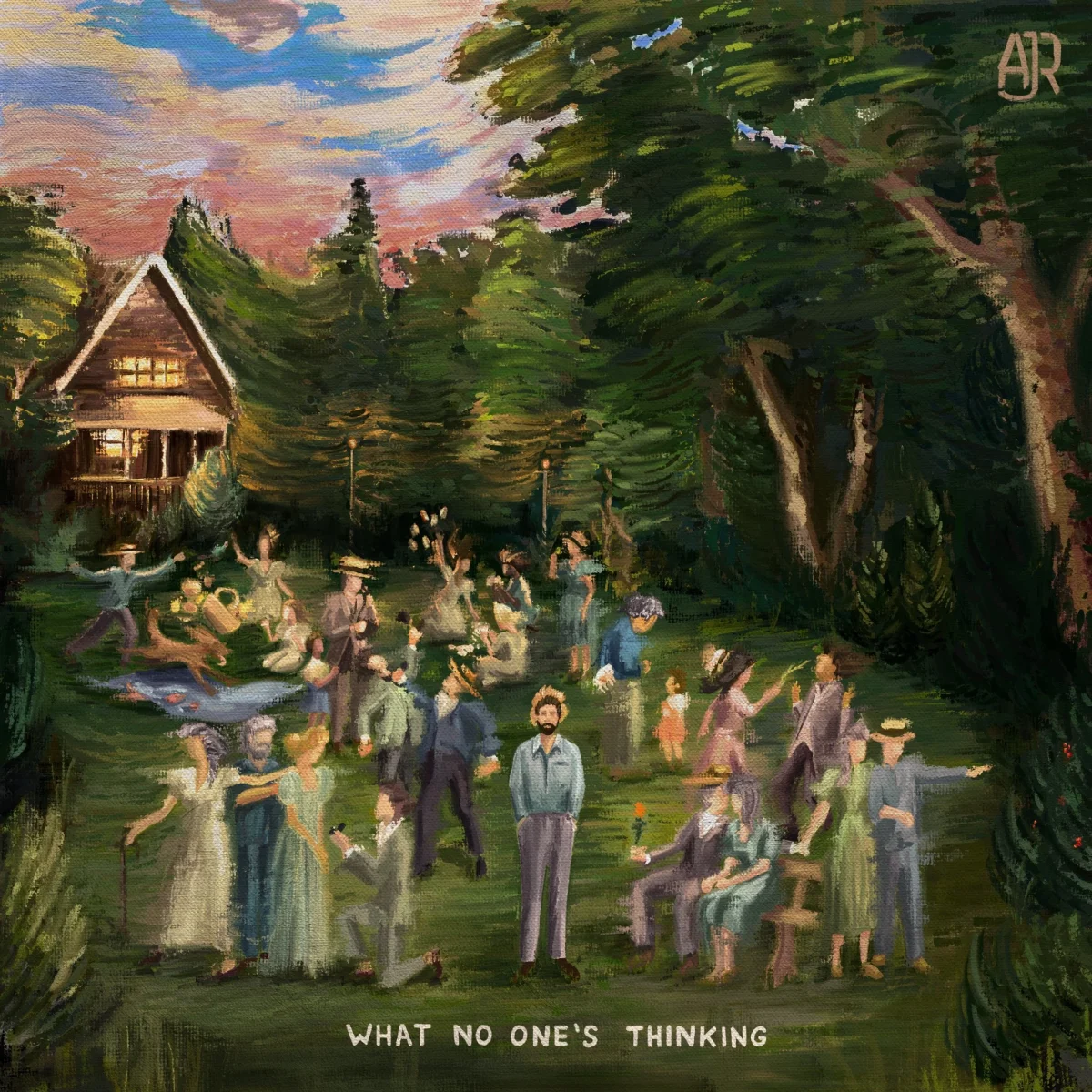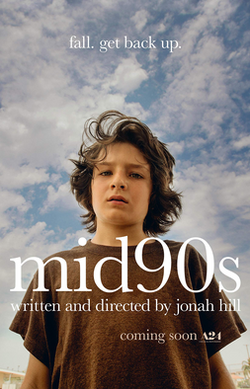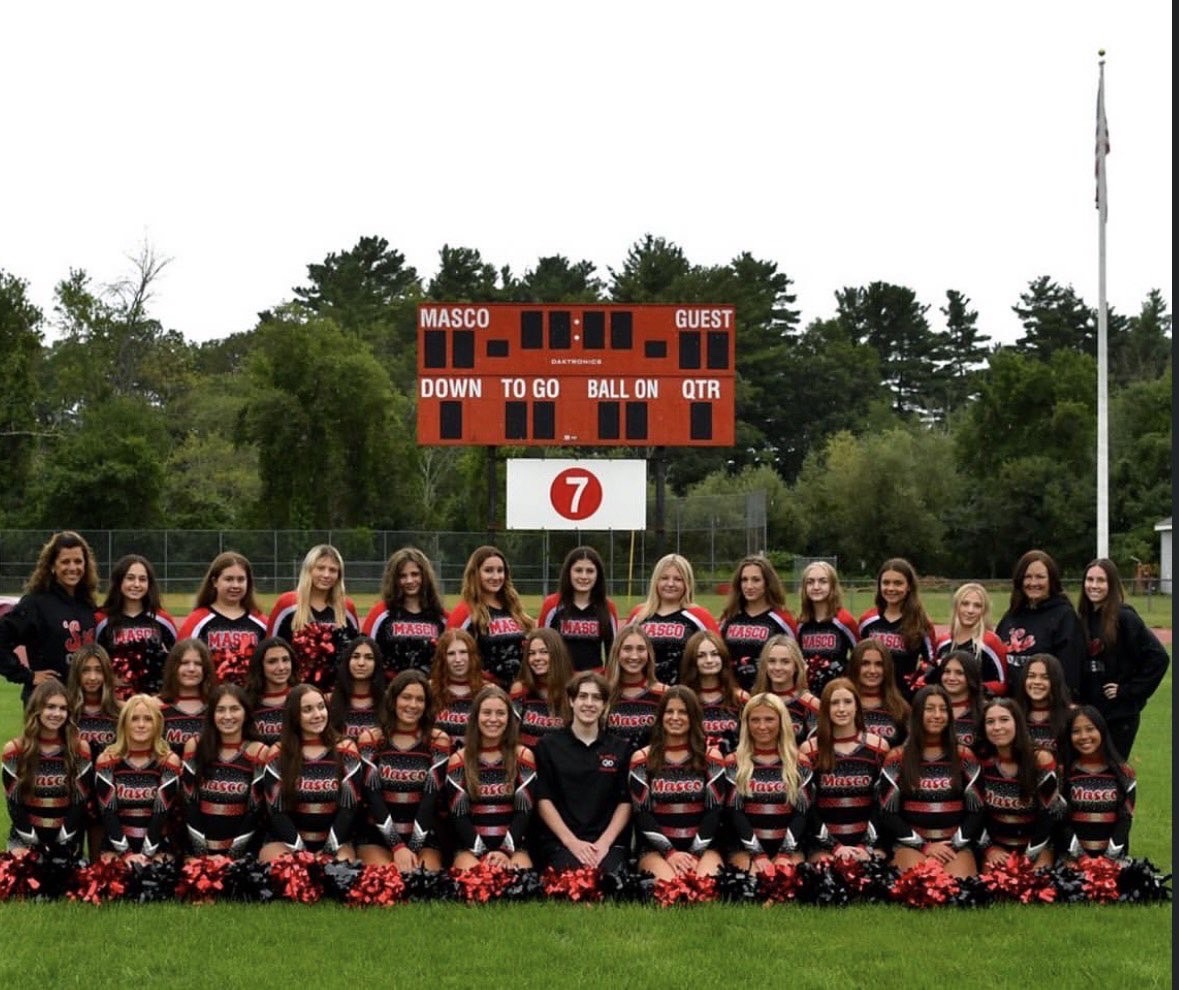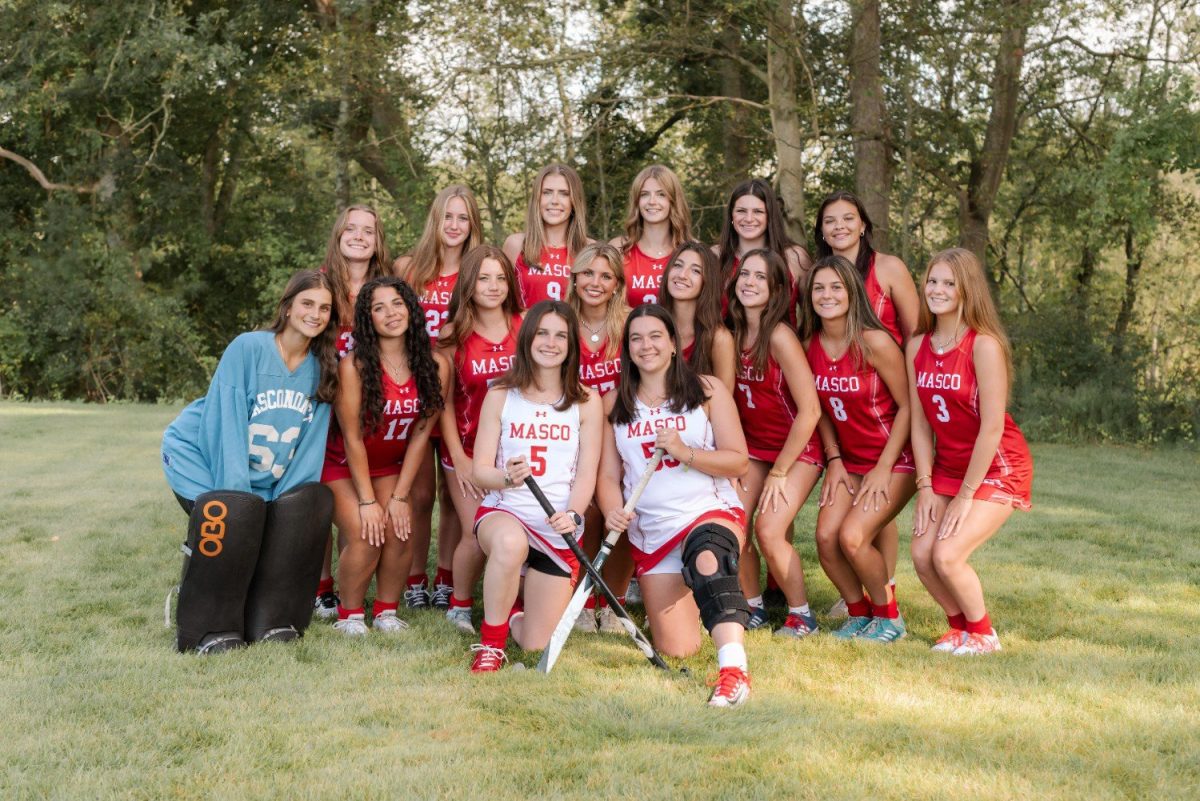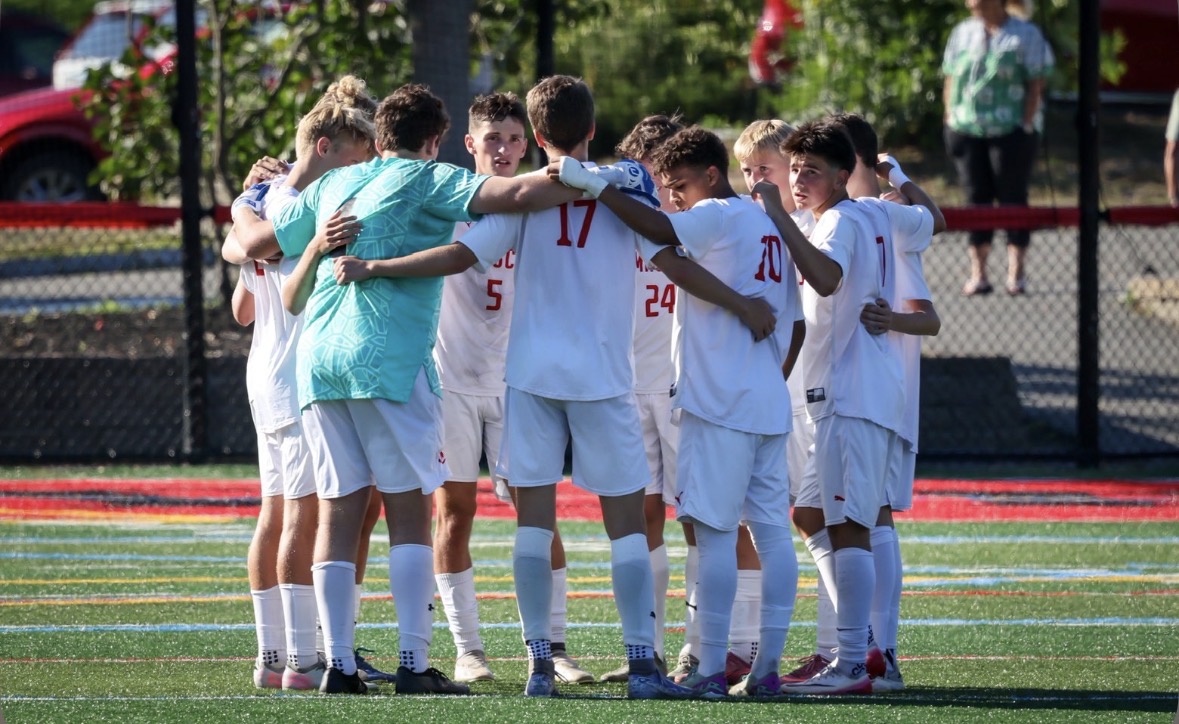Growing up in Winthrop, Massachusetts, reporter Ted Reinstein learned to appreciate the charm and character of New England. His hometown became a backdrop that would eventually inspire his career in storytelling.
“More than anything, I loved growing up on the water, on the edge of Boston Harbor,” Reinstein said.
Maybe even more influential than his environment was the culture within his own home. Reinstein grew up in a family that respected journalism; he was surrounded by conversations about good writing and the importance of truth-telling.
“My family instilled certain values that helped steer me toward storytelling: to be direct with people, to respect and see each person as someone with stories of their own. To listen and, more than anything, to be curious, the most foundational of a good journalist or writer’s qualities. And to read, read, read! Best value of all to have been instilled,” he said.
Like many young people, Reinstein didn’t begin his career with a final destination in mind, and experimented with several paths in college. At first, he considered studying law, and later explored theatre. Finally, in his late twenties, he discovered his passion for broadcast journalism almost by accident.
“As I recall, I was like a lot of kids in college—reveling in all my newfound freedom, pushing the envelope, and generally often engaged in stuff that certainly didn’t further a career,” Reinstein said.
Eventually, a break from school gave him new perspectives, where he spent time working and developing discipline, allowing him to be more focused upon his return. With New England being his beat, his work has always held a personal connection to the region that raised him.
“I did do some national stuff for both the Travel Channel and HGTV, and at one point was considered for the host of the National Geographic’s adventure show. While I’m sure I would have enjoyed that, I’ve often felt like it worked out the right way for me to have stayed here and tell the stories of New England. It set me up for my writing later on, and also has become the storytelling that moves me most.”
Reinstein relies on instinct and curiosity when deciding what to cover, and he quickly knew he was in the right place when he joined Chronicle. The show’s focus on local, human-centered storytelling aligned perfectly with his point of view, and he’s been with the station for over 37 years now.
“It’s generally not hard to see what makes a good story, for Chronicle or any other platform, really: something that makes me, others, and by extension, anyone, anywhere, want to hear about it. If something has interest for me, or other staff people, we assume it will have interest for others,” he said.
Still, not every story works out in the way he hopes, and Reinstein blames no one but himself. He sees each obstacle as an opportunity to ask better questions, write more clearly, or make more assured choices.
“But I’ve taken the attitude for a long, long time now. It’s like playing a sport that you know you have reached a level of true, professional competence and even skill at. You have bad games, sometimes so-so games, and every now and then, a game you’re genuinely proud of. But you know you can play the game. You just go back out and play again the next day.”
Before joining Chronicle, Reinstein already had a genuine respect for the show’s mission. The New England program was known for its thoughtful, in-depth storytelling that brought a light to the overall spirit of the region.
“When I started in 1988, I already knew that Chronicle was popular and meant a lot to a lot of folks. Today, I know it means even more. As my mentor on the show and longtime Chronicle anchor/reporter Peter Mehegan often said, ‘We tell the stories of New England.’ We try to tell the stories well and professionally, and meaningfully. And I think that matters to people.”
Each form of journalism has its own set of challenges, and Reinsten has great respect for those working under tight, or even daily, deadlines. He values the work they do and recognizes how easy it can be to make assumptions, so he reminds himself to stay open and curious.
“Try not to pre-judge things. I’ve sometimes thought someone I’ve interviewed was going to be a certain way, and then I’ve found there is so much more to their story. It’s a real life lesson,” he said.
This mindset has shaped Reinstein’s approach to storytelling over the years, he has come to realize that giving people the space they need sometimes leads to the best stories. That same idea of staying open has helped him move away from relying on validation and feedback and focus instead on his own sense of whether the story was successful.
“When I first started out in broadcast journalism, I would routinely check the numbers after a segment or half-hour show aired. After years of that, I realized that my own personal sense of how something worked out on a story was worth trusting,” Reinstein said.
A story’s true value, Reinstein believes, depends not on how many people engage with it, but how well it is told. Once he was able to let go of chasing feedback and start focusing on the process of the craft itself, his work became much more meaningful, and more authentic. And he’s even learned to measure success by his own sense of impact, not by the story’s analytics.
“If you do what you feel is a great job on a story, and it gets terrible numbers, then you can’t trust it when you do a story you don’t feel as good about and it gets great ratings. I’ve trusted my own standards now for years; they’re high, and no one is harder on me professionally than me,” he said.
That accountability has allowed Reinstein to focus less on external approval and more of the heart of each story. He centers his work around human connection, and what makes their story unique and worth sharing.
“Every human being on the face of the earth has a story to tell. Some are just more engaging and interesting than others. Or funnier, or odder, or more tragic. There are truly as many stories as there are people,” he said.
Reinstein believes that good storytelling doesn’t necessarily equate to a sensational headline, just the willingness and curiosity to listen. Oftentimes, the most unexpected places can uncover powerful narratives when approached with receptiveness and respect, a concept that has inspired some of his most creative ideas.
“I’ve often suggested at Chronicle that we do a show where each reporter, blindfolded, tosses a dart toward a map of New England; wherever it lands, that’s where you go to find a story. That’s my confidence that you can find good stories virtually everywhere there are people to live, and to share them,” Reinstein said.
Staying present is also a sign of respect, he believes, honoring the relationships between the subjects, the storyteller, and the audience. This connection is what keeps storytelling meaningful throughout generations.
“Keep in mind how vital to our lives good storytelling is. Every book, film, play, painting—everything we enjoy that reflects aspects of our lives and culture back to us so we can understand it better—every single one of those platforms is about good storytelling. Relish being part of that vital, life-affirming tradition. We will always need good storytelling. Always. How lucky to be someone who gets to be part of actually doing it.”
Ted Reinstein’s stories prove that authentic journalism isn’t about reporting on facts; it’s about connecting with people and documenting the moments that bring their experiences to life. Through his ingrained admiration for New England, he captures the region’s unique character and tells the stories that deserve to be heard.



